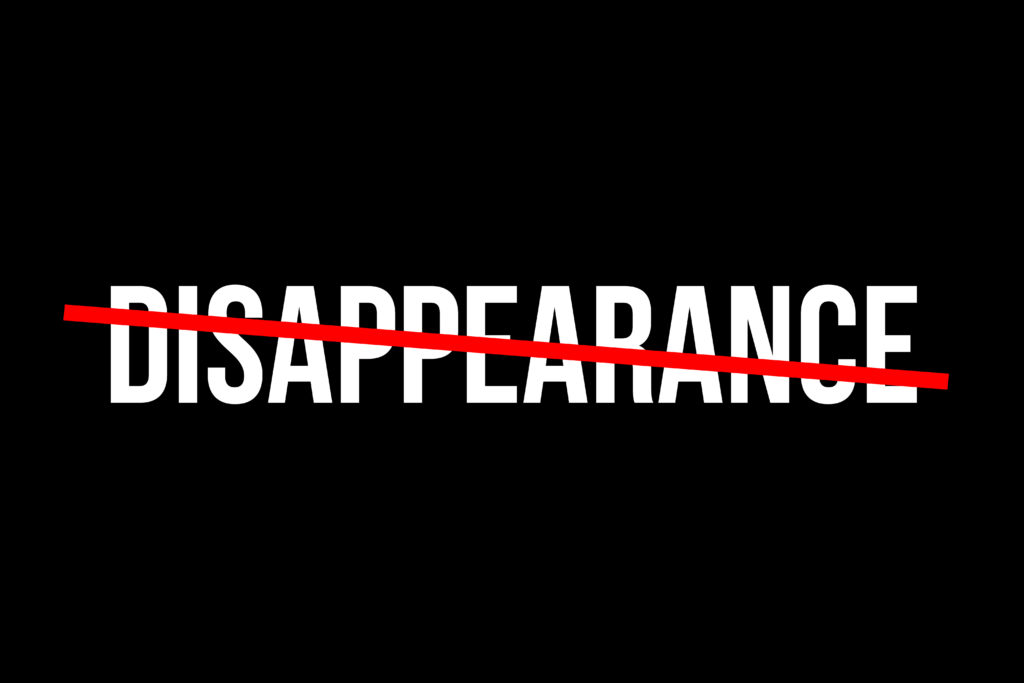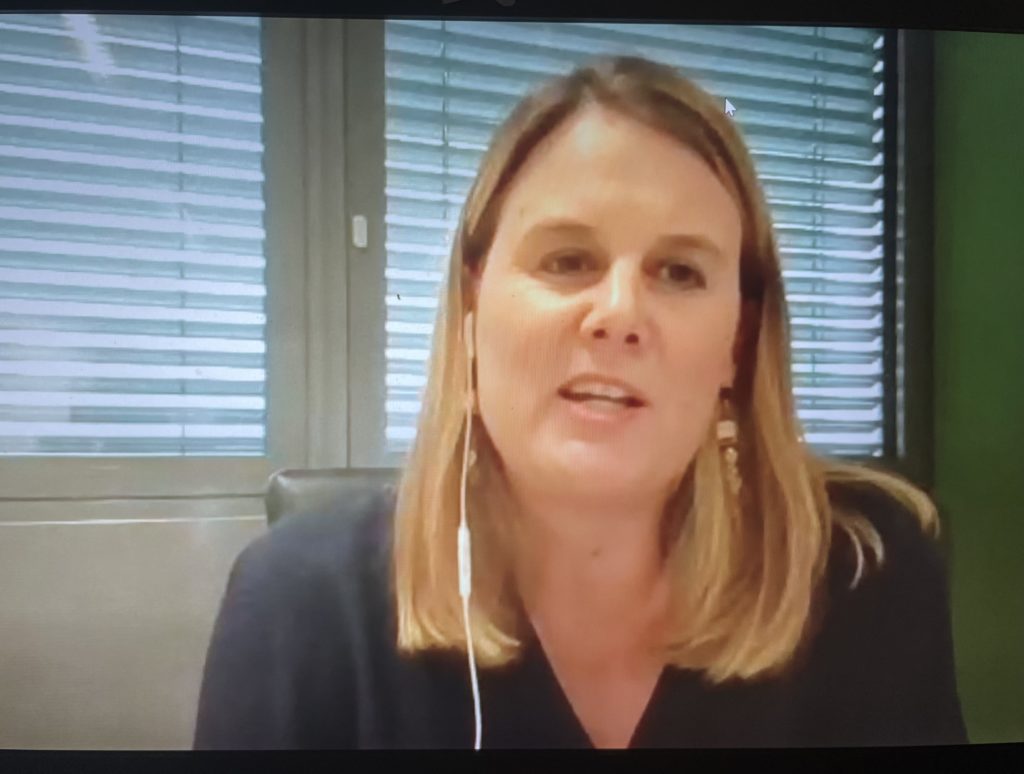CTI’s insights shared at 10th Anniversary of Convention on Enforced Disappearances
Geneva, 4 March 2021. Marking the 10th anniversary of the entry into force of the International Convention for the Protection of all Persons from Enforced Disappearance, yesterday Head of Secretariat Dr. Alice Edwards was a panelist at a well-attended Webinar, where she shared CTI’s experiences of advancing ratification and implementation of the UN Convention against Torture.

The Webinar brought together 260 online participants, representing States, civil society organisations, National Human Rights Institutions and other international bodies, as well as the general public, and invited panellists shared their experiences and practices on promoting ratification of the Convention on Enforced Disappearances and on accepting the competence of the Committee on Enforced Disappearances. The Webinar was jointly organised by the Committee on Enforced Disappearances, the International Coalition Against Enforced Disappearances, and the Working Group on Enforced or Involuntary Disappearances, and was hosted by the Human Rights Platform of the Geneva Academy.
Dr. Edwards noted that the Convention against Torture and the Convention on Enforced Disappearances were “sister treaties”, signifying the close connection between the two phenomena. The crimes of torture and enforced disappearance, for example, often take place hand in hand and share the basal intent to oppress and terrorize.

The crimes can be prevented through applying the very same protective measures, such as procedural safeguards upon an individual’s arrest and detention, notification of lawyers or relatives of one’s detention and instituting detention registers, for instance. Consequently, a commitment by a State to ratify one instrument is a mutually reinforcing commitment to implement the core protections provided by the other.
The main message is that any treaty campaign should concurrently deal with: ratification, implementation and reporting.
– Dr. Alice Edwards, Head of CTI Secretariat
The Convention on Enforced Disappearances, which entered into force on the 23rd of December 2010, sets out obligations for States Parties to prevent and punish the grave violation of enforced disappearance, and to address its impact on victims and their families. In 2017, when the Convention had reached 55 States Parties, the Office of the High Commissioner for Human Rights (OHCHR) launched a campaign to double ratifications over the proceeding five years. Albeit falling short of this goal – with 63 States Parties to date – the ardent advocacy of proponents and the support provided by the OHCHR continue to bolster support for the Convention, which most recently resulted in Mexico’s recognition of the Committee on Enforced Disappearances’ competence in September 2020.
In their decision-making processes, some States have been very receptive to arguments that truth, justice and reparation are powerfully advanced though ratification of the Convention.
– H.E. Michelle Bachelet, UN High Commissioner for Human Rights
In sharing insights into how CTI has been able to bring the Convention against Torture closer than ever to achieving universal ratification, and tracking above most other human rights treaties in terms of numbers of ratifications (17 since CTI’s campaign was launched in 2014), Dr Edwards emphasised: the advantages afforded by the fact that CTI is an initiative formed by States for States, working within a fixed time-frame, encompassing a constructive “no name, no shame” approach to capacity building and technical advice, and which is served by a dedicated Secretariat, which rolls out an annual programme of activities.
CTI’s aim is to inspire other States to take action, rather than to prescribe or to condemn certain behaviours and this opens doors to government-led discussions on the sensitive subject of torture and ill-treatment.
Dr. Alice Edwards, Head of CTI Secretariat
In commending the determined efforts of States, human rights bodies, as well as that of victims and their relatives, CTI affirms its shared commitment to work towards ensuring accountability, redress and respect for human rights.

